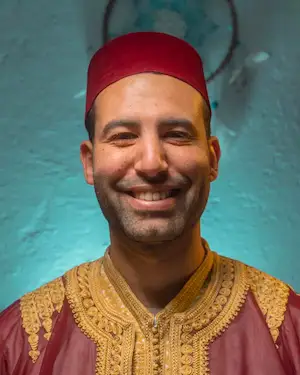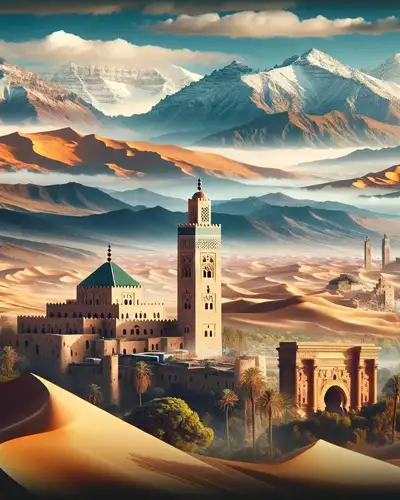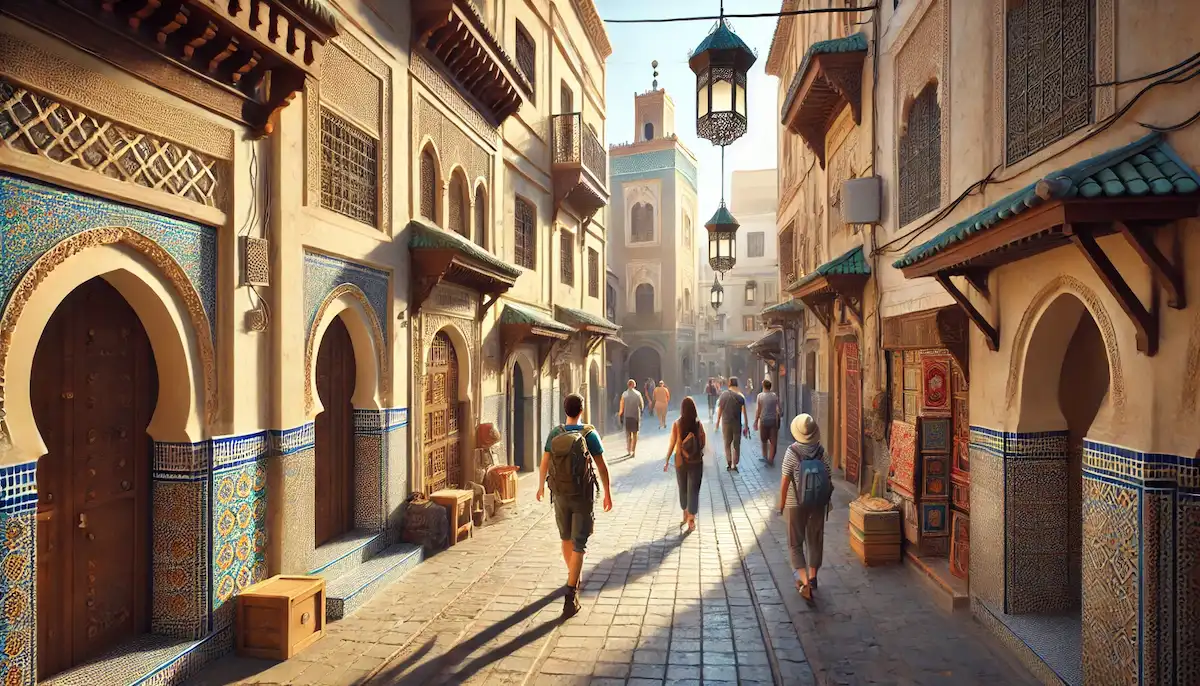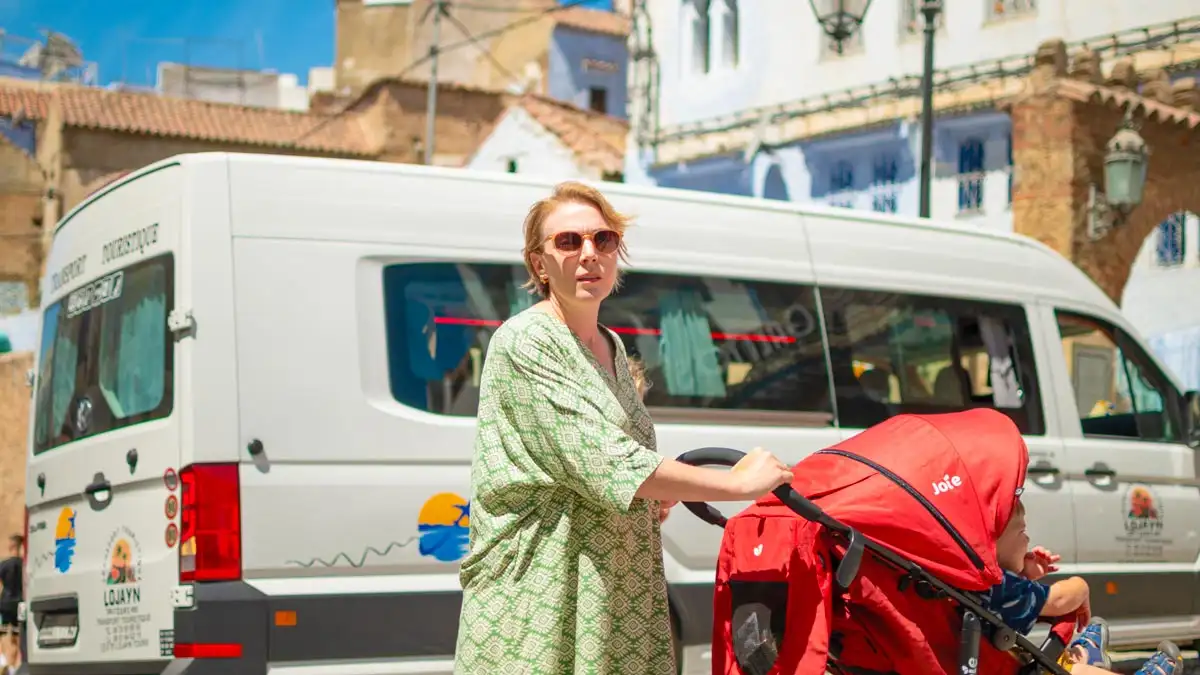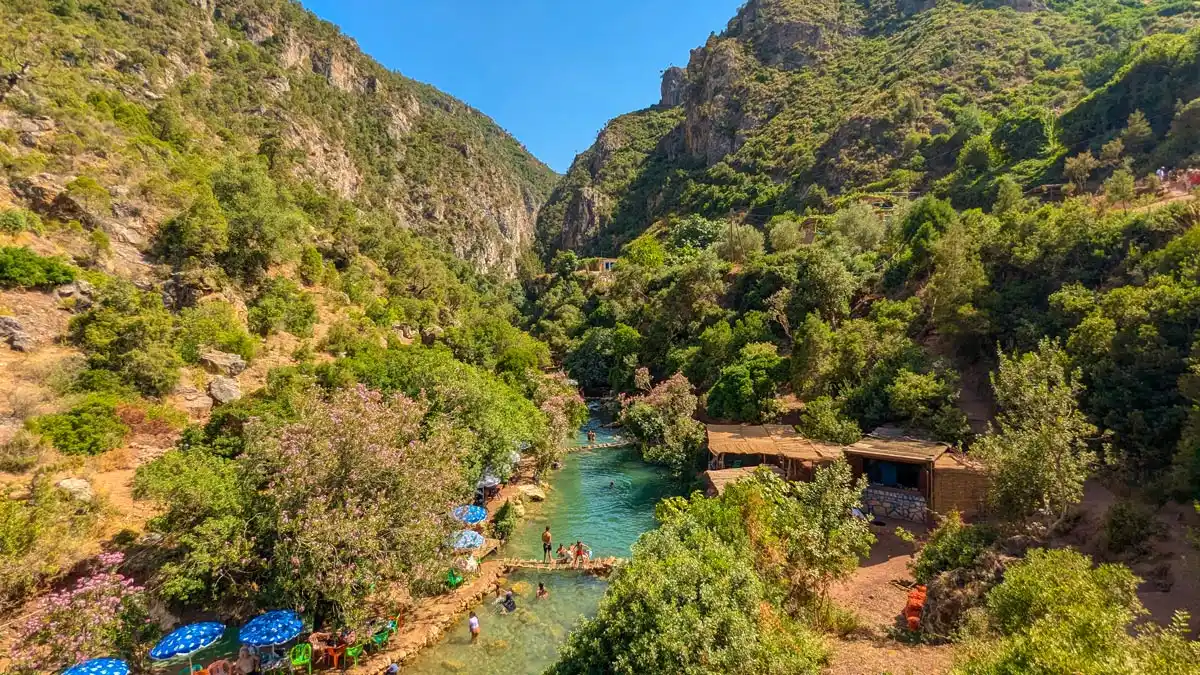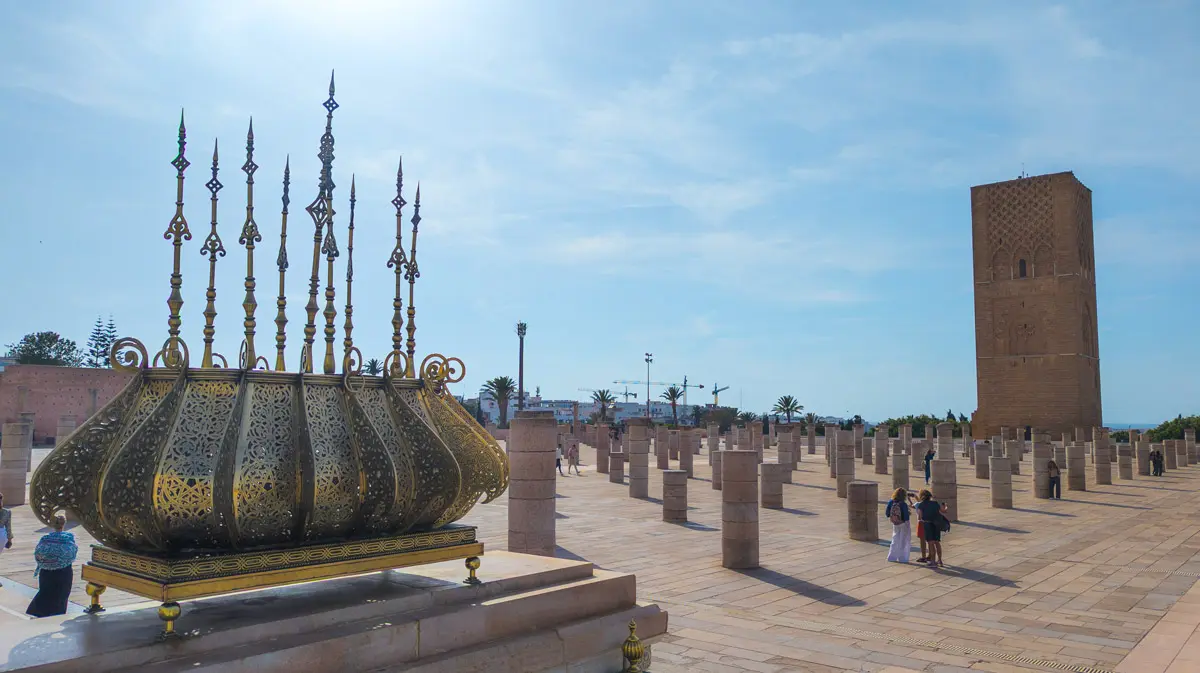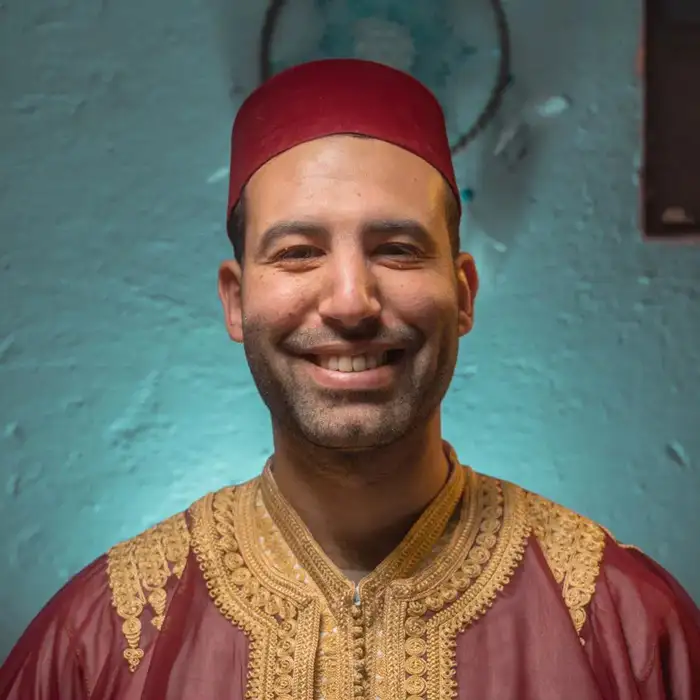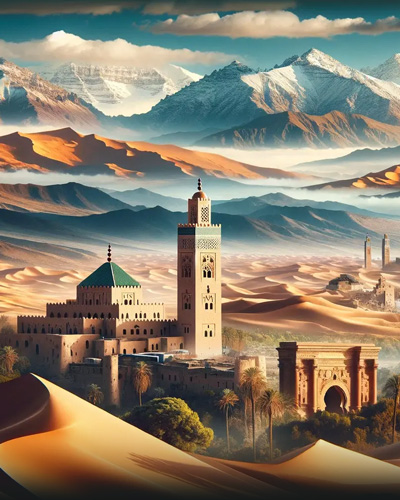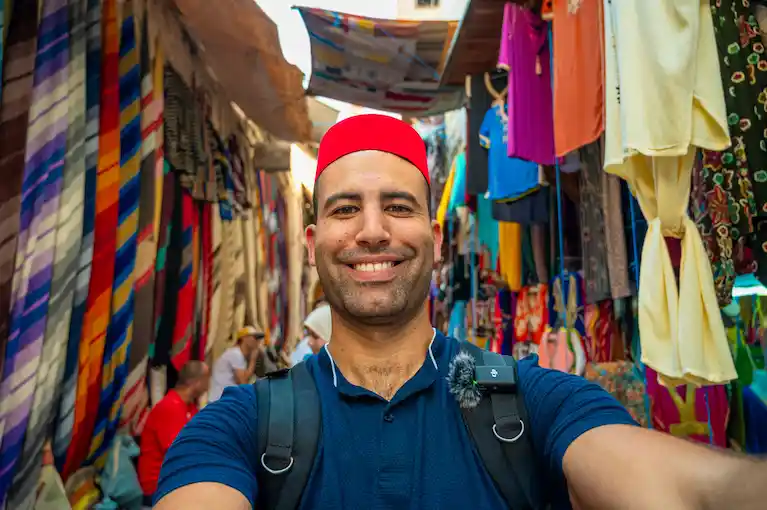Is it Safe to travel to Morocco? How to Stay Safe in Morocco
As someone born and raised in Morocco, I can confidently say that it is safe to travel to Morocco for most visitors. Still, like any destination, knowing what to expect and staying aware of your surroundings is key to ensuring a smooth and secure trip. Having lived here my entire life and met thousands of tourists, I’ve seen both the highlights and the challenges of navigating Morocco’s cities and rural areas. Here’s my take on the country’s overall safety, security measures, and what you should be mindful of, especially if it’s your first visit.
Safety in Moroccan Cities
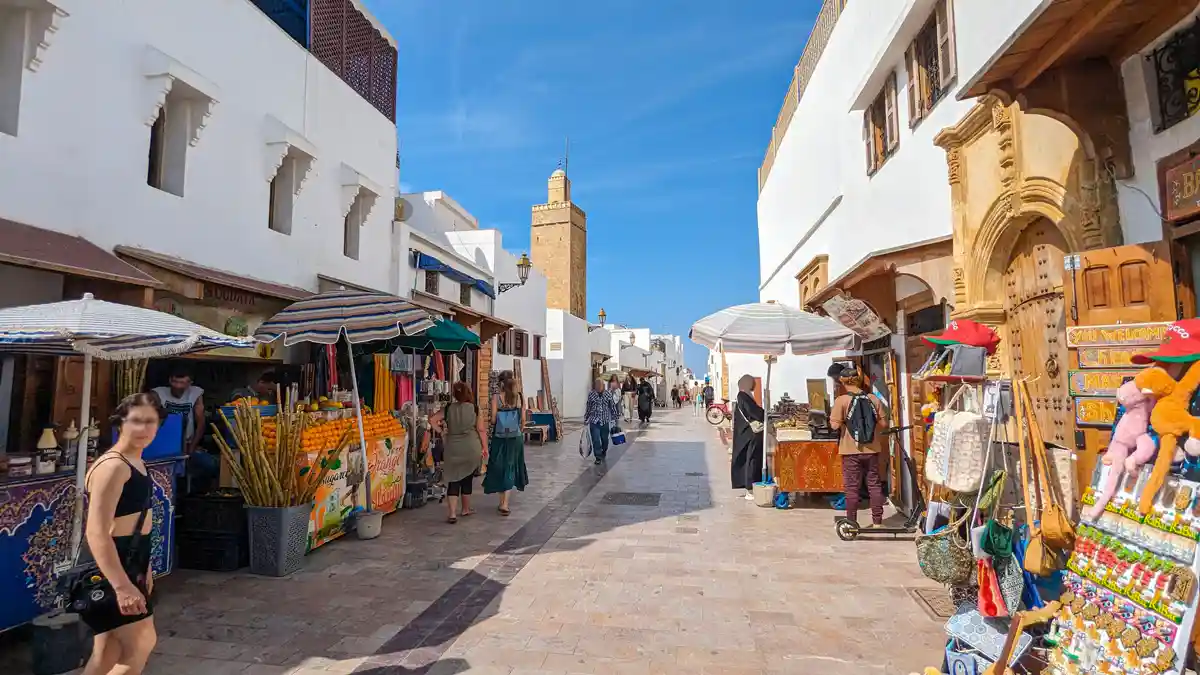 Well-known cities like Marrakech, Fez, Casablanca, and Rabat attract many tourists, and with that comes the typical risks you’d expect in busy urban environments, mainly petty theft like pickpocketing and phone snatching. One common method I’ve seen involves people on motorcycles grabbing phones or bags as they ride by. Security officers often patrol crowded areas, but it’s still important to be cautious.
Well-known cities like Marrakech, Fez, Casablanca, and Rabat attract many tourists, and with that comes the typical risks you’d expect in busy urban environments, mainly petty theft like pickpocketing and phone snatching. One common method I’ve seen involves people on motorcycles grabbing phones or bags as they ride by. Security officers often patrol crowded areas, but it’s still important to be cautious.
When visiting crowded Moroccan traditional markets or busy streets in Medinas, keep your belongings secure. I’ve personally seen many tourists who were too relaxed in public spaces, only to realize that their wallet or phone had disappeared. A simple crossbody bag and a little awareness of your surroundings can help prevent this.
In places like Fez’s Medina, you may encounter local “guides” who offer assistance. While many are harmless, they may expect a tip for their unsolicited help. A polite but firm “No, thank you” usually works, and if they insist, ignoring them tends to be effective.
Is It Safe to Travel to Morocco as a Female Traveler?
This is a common question, and the answer is generally yes—it is safe for female travelers to visit Morocco. However, cultural differences can sometimes create awkward or uncomfortable situations. Women traveling alone, especially in more traditional areas, may receive more attention than men. Dressing modestly by covering shoulders and knees can help minimize unwanted stares or interactions.
One amusing story comes to mind from 2009, when my wife, before I met her, was visiting Fez with friends. A local man “kidnapped” her (playfully) and took her to his mother’s house, where he asked her to marry him! While it sounds strange, it was actually a well-meaning but misguided gesture. This highlights how cultural misunderstandings can arise, but they are usually more funny than dangerous.
For female travelers, it’s best to stay aware and polite but firm if a situation feels uncomfortable. Hiring a certified guide is another option, as it reduces the chance of unwanted interactions and adds a layer of security.
Rural vs. Urban Safety in Morocco
Rural Morocco tends to be more relaxed and secure compared to urban areas. Places like the Atlas Mountains or small Berber villages have close-knit communities, and locals are known for their hospitality and genuine warmth. I’ve personally found these areas much safer, and tourists often leave with stories of being invited into homes for Moroccan mint tea or meals.
That being said, hiking alone in remote areas isn’t recommended unless you’re experienced or traveling with a guide. I’ve known travelers who got lost in rural regions and found it difficult to navigate without help.
In urban areas like Marrakech’s Medina or Jemaa el-Fnaa square, staying aware is essential due to the crowds. Petty theft is possible, but violent crime is rare. I’ve visited these places countless times, and confidence combined with caution is the best approach.
How to Stay Safe in Morocco
If you’re new to the country or traveling solo, here are some practical safety tips:
- Don’t Trust Strangers Too Quickly: While many locals are kind and helpful, some may try to take advantage of tourists. Be cautious with unsolicited offers of help, and avoid following anyone offering “free” assistance.
- Hire a Guide if Possible: Having a certified guide helps with security and navigation, and they can shield you from potential scams while showing you the best spots in the area.
- Be Mindful of Scams: Some common scams include overcharging for services or goods, especially in markets. Always negotiate prices beforehand and be cautious when approached by overly persistent guides.
- Stay Aware of Your Belongings: In crowded places like medinas, keep your bag in front of you and avoid flashing expensive items. This reduces the chances of theft.
- Use Reputable Transportation: Stick to licensed taxis and agree on fares before starting the journey. Public transportation is generally secure, but buses can get crowded, so keep an eye on your belongings.
- Follow Local Customs: Modest dress and respectful behavior, especially in religious or conservative areas, go a long way in ensuring a smooth visit.
Emergency Contacts and Health Precautions in Morocco
It’s always a good idea to have emergency contact information on hand while traveling. The general emergency number in Morocco is 19, and for medical emergencies, call 150.
Healthcare in Morocco includes both public and private hospitals. Private clinics in major cities like Casablanca and Rabat tend to offer better services, although they can be expensive. It’s recommended to have travel insurance to cover any medical expenses.
Is It Safe to Travel to Morocco During Ramadan?
Ramadan is a unique time to visit Morocco, but it does come with some adjustments. Many restaurants and cafes operate on limited schedules, and eating or drinking in public during the day is discouraged out of respect for those fasting.
In terms of security, Morocco remains safe during Ramadan, but patience is key when dealing with slower service or altered hours of operation.
Is Morocco Worth It?
As a Moroccan who has lived here my entire life, Morocco is safe as long as you stay aware and take simple precautions. Nevertheless, this applies to all countries, not just Morocco, and you shouldn’t let minor concerns stop you from visiting this fantastic place.
If you’re planning a trip, consider booking one of our guided tours to explore the Sahara desert, Fez, Chefchaouen or Marrakech. We know the country inside and out and are here to help make your experience as enjoyable and safe as possible.
For more travel tips, check out my other articles about advice for travelling to Morocco, the best time of the year to visit Morocco, and 10 best places to visit in Morocco.

